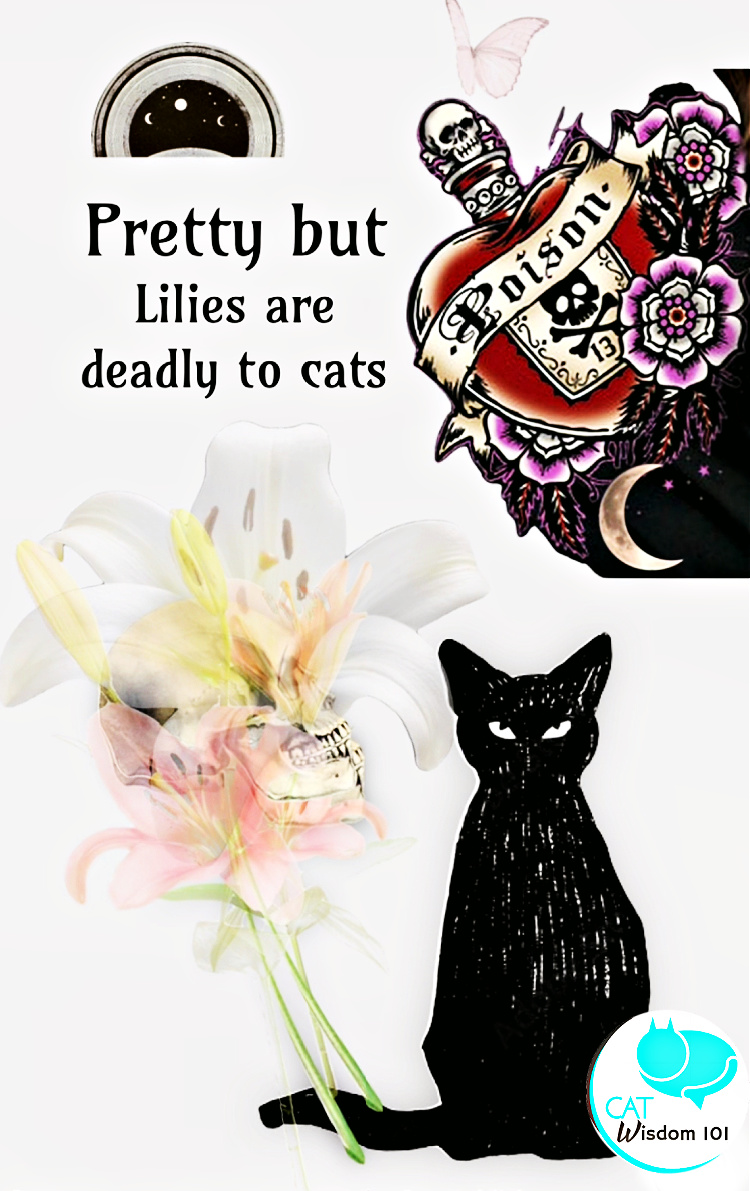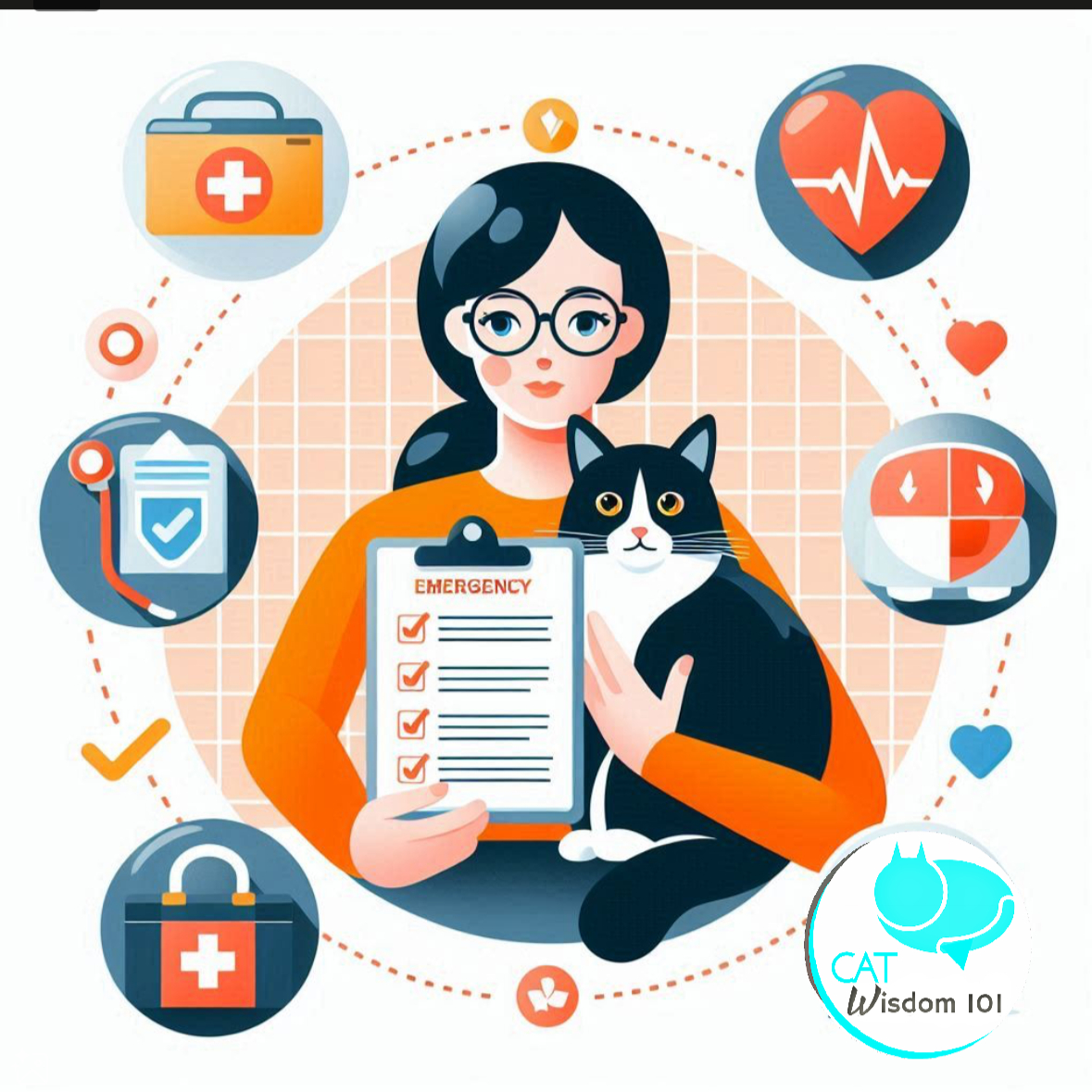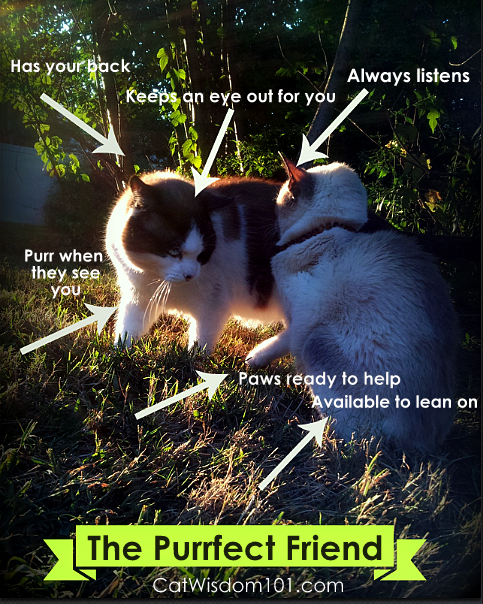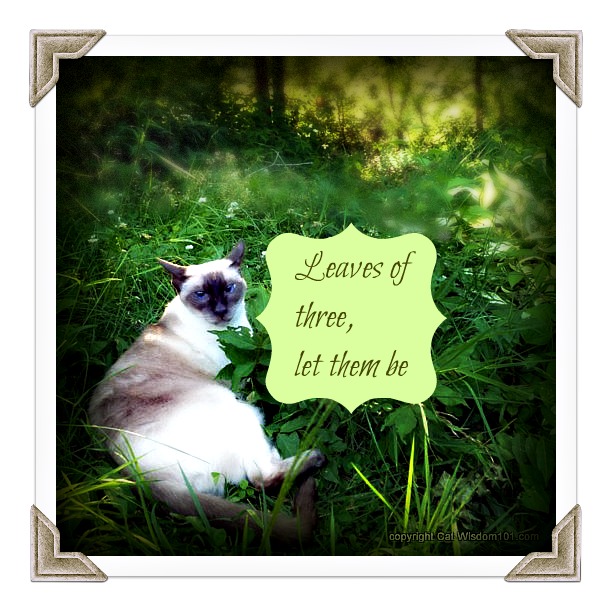
Cat Poisoned? Why Home Remedies Can Be Fatal
As any cat parent knows, our feline companions are notorious for getting into places they shouldn’t. Find out what to do if your cat ingests anything toxic.
As my spring flowers are blooming in the garden, I’m reminded that the lilies, daffodils, tulips and hyacinths are all toxic to cats.
Vet 101: Willie and the Toxic Lilies

Whether it’s investigating an open pill bottle, sampling a toxic houseplant, or discovering food harmful to cats, accidental poisonings are a serious concern for feline households.

When your beloved cat ingests something potentially toxic, your protective instinct might tell you to induce vomiting immediately. While this impulse is understandable—wanting to act quickly to help your cat—both Pet Poison Helpline and the ASPCA Animal Poison Control Center (APCC) strongly warn against attempting home remedies with cats. What helps a dog can be deadly for your feline companion. Additionally, cats are highly susceptible to stress-induced complications during forced vomiting attempts.”
Dangerous Home Remedies That Can Harm Your Cat

Internet searches often lead cat owners to try various household items that are not only ineffective but potentially dangerous:
– Hydrogen Peroxide: While sometimes used for dogs under veterinary guidance, hydrogen peroxide should NEVER be given to cats. It is highly irritating to felines and can cause serious damage to their stomachs and esophagus.
– Salt: Some online sources suggest salt to induce vomiting, but this can lead to dangerously high sodium levels in your cat’s bloodstream, potentially causing unsteady walking, tremors, seizures, coma, or even death.
-Gagging or Finger-Down-Throat Methods:
Cats don’t have the same gag reflex as humans. These methods won’t make them vomit but can traumatize their throat or cause your cat to bite defensively.
– Olive Oil: This can lead to greasy stools and painful pancreatitis. If vomiting does occur after oil consumption, the oil can be inhaled into your cat’s lungs, causing potentially fatal pneumonia.
– Ipecac:Though it may induce vomiting, it’s highly unsafe and can cause drooling, breathing difficulties, heart rate irregularities, and potentially fatal cardiac conditions.
– Kitchen Ingredients: Mustard, toast, water, and milk might seem harmless but are entirely ineffective at inducing vomiting in cats while potentially delaying proper treatment.
Recent cases highlight these dangers. A Maine Coon in Seattle developed life-threatening respiratory distress after its owner attempted to induce vomiting with hydrogen peroxide after the cat consumed part of a lily plant. While the owner’s intentions were good, this intervention created a secondary, even more dangerous medical emergency.
Lilies are indeed extremely toxic to cats, potentially causing kidney failure within 36-72 hours. However, the appropriate response is immediate veterinary care, not home treatment.
The Critical Truth About Cats and Vomiting
Unfortunately, there is absolutely nothing that can be safely given at home to make a cat vomit. This is a crucial difference between cats and dogs that every cat owner must understand.
While dogs may be treated with hydrogen peroxide under professional guidance, cats require immediate veterinary intervention.
Professional veterinary intervention is always required for cats suspected of ingesting toxins. Time is critical, but the right intervention is even more important.”
Know Your Cat’s Danger Zones

Cat parents should be particularly vigilant about these common household toxins:
– Medications:Human medications, particularly antidepressants, acetaminophen, and NSAIDs, can be lethal to cats even in tiny amounts
– Plants: Lilies (all parts, especially pollen), philodendron, pothos, and many common houseplants
– Foods: Onions, garlic, chocolate, caffeine, alcohol, and xylitol (found in sugar-free products)
– Household products: Essential oils, liquid potpourri, cleaners, and antifreeze
The Only Safe Response

In all cases of suspected poisoning in cats, the safest action is immediate professional consultation. Contact your veterinarian, Pet Poison Helpline at 800-213-6680, or the ASPCA Animal Poison Control Center at (888) 426-4435 before taking any action. Provide details about what was ingested, how much, and when it occurred.
For your cat’s safety, always consult with a veterinary professional first when facing potential poisoning, When your regular veterinarian isn’t available, toxicology experts stand ready to provide immediate feline-specific guidance.
Pet Poison Helpline serves North America at 800-213-6680. Additional resources and information can be found at petpoisonhelpline.com.
The ASPCA Animal Poison Control Center can also be reached at (888) 426-4435.






6 Comments
messymimi's meanderings
What great advice! We do our best to keep bad stuff from our cats, but you just never know.
Erin the cat
It seems so strange that folks will try some of these methods, especially as most seem incredibly dangerous. Thanks for sharing.
ERin
Meezer'sMews&TerrieristicalWoofs
Great info here. And a good reminder esp now trhat a lot of those toxic plants might be in our homes for Easter, or blooming in our gardens.
Ellen Joan Pilch
Excellent post. I never tried the peroxide, but I had heard of it and figured if needed I would try so thanks for the warning. XO
Memories of Eric and Flynn
That is very important information and good to know there is an emergency helpline for North America. I didn’t know about hydrogen peroxide for dogs, and certainly would never give it to a cat.
Mary
I didn’t know much of this. Much appreciated.